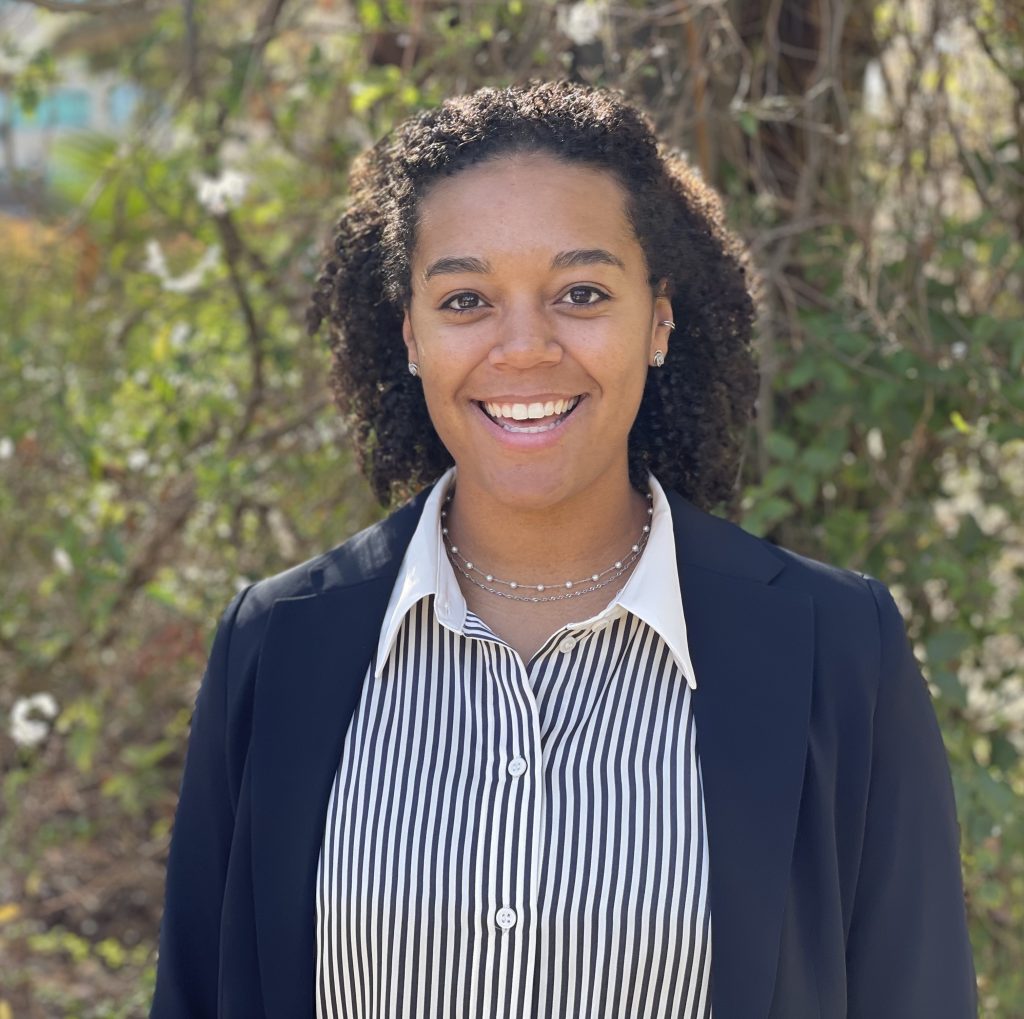New faculty profile: Jasmine Childress explores parasite ecology

Jasmine Childress joined the UW–Madison faculty in June 2025 as an assistant professor in the Department of Forest and Wildlife Ecology.
What is your hometown? Where did you grow up?
Muncie, Indiana.
What is your educational/professional background, including your previous position?
I received my bachelor’s from Florida Southern College in Lakeland, Florida, and I received my PhD from the University of California Santa Barbara. I was previously an NSF postdoctoral fellow before beginning my position with the Department of Forest and Wildlife Ecology.
What is your field of research, and how did you get into it?
My field of research is parasite ecology. I got into the field as a first-year undergraduate student. I was interested in studying herpetology, and my undergraduate advisor introduced me to a couple of projects focused on the ecology of parasites that infect reptiles and amphibians. I fell in love with a field that was completely new to me and allowed me to balance between fieldwork and lab work.
What are the main goals of your current research program?
The main goals of my research program are to 1) understand the processes that shape parasite diversity, abundance, and host associations across the individual, population, and community scales; 2) partner with management agencies to achieve shared conservation and environmental health goals; and 3) merge socio-cultural and ecological knowledge to better understand disease impacts on human and wildlife health.
What was your first visit to campus like?
My first visit to campus was for my interview in mid-November. Although the temperature outside was seasonably cold, the sun was shining. Everyone I met was warm and generous, which made for a wholly positive and memorable experience.
What’s one thing you hope students who take a class with you will come away with?
I hope my students will come away with a sense of agency and confidence to think critically about how interconnected seemingly disparate topics are (e.g. parasite ecology and anthropology) as they move through the world. Equally as important, I hope their dinner conversations are forever enriched by the parasitology content they will have gained.
Do you feel your work relates in any way to the Wisconsin Idea? If so, please describe how.
I feel that my work aligns well with the Wisconsin Idea. I have had many opportunities to work with practitioners and agencies, especially in the conservation realm, to better understand how to manage vulnerable species and ecosystems. My research projects have focused on uncovering parasites that hitched a ride with introduced species as well as understanding how a newly recovered parasite species negatively impacts an endangered species. I am excited to continue fostering reciprocal relationships between the university and our communities to positively affect conservation management.
What’s something interesting about your area of expertise you can share that will make us sound smarter at parties?
One of the biggest assumptions about parasites is that they are bad — for their hosts, for the environment, and for the planet. However, there are many research studies that show healthier ecosystems tend to be ones that are rich in parasite biodiversity. This is attributed to the fact that many parasite species have “complex” lifecycles, meaning they require two or more hosts to survive and reproduce. If just one of those hosts are removed, then the parasite dies out. Thus, healthier, intact ecosystems that support a rich biodiversity will also tend to be rich in parasites.
What are your hobbies and other interests?
I grew up with volleyball, basketball, track, and swimming as my main hobbies, so I love almost all sports. These days I play competitive ultimate frisbee, dabble in pickleball, and enjoy spending time in nature.

